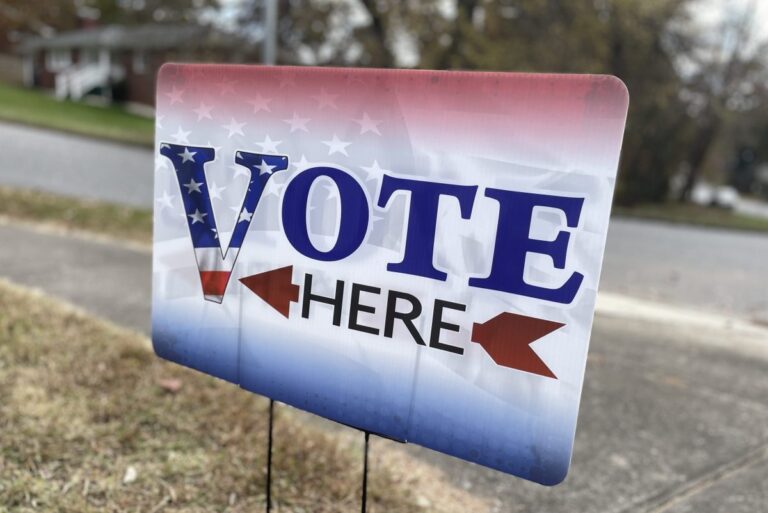No one involved in Virginia’s first campaign finance audit, released earlier this month, has yet to declare the process a success.
Some of the seven local candidates included in the audit say they were not given the courtesy to review any deficiencies before the report was released to the public.
The law’s patron is reserving judgment until he learns more from the Department of Elections, which paid $122,000 to a Maryland-based consulting firm hired to conduct the audits.
The elections agency is saying nothing. The Department of Elections has refused to make anyone available to answer reporters’ questions about the 17-page report after it was posted July 1.
The post-election audits are a big step for Virginia’s campaign finance system, which until last year strictly relied upon the honor system. State and local officials lacked the authority to ask candidates for documentation that could verify the accuracy of their campaign finance disclosures.
A 2022 law introduced by Del. David Bulova, D-Fairfax, requires all candidates for statewide office and a random sample of legislative and local candidates to submit bank statements and other financial records. For the first time, candidates have been put on notice that their listings of donors and expenses may be subject to review. The review covers only those candidates who spend more than $25,000 in an election.
A few weeks after the November 2024 election, the Department of Elections randomly drew the names of seven local candidates who became the first test cases in the campaign finance review.
The Department of Elections, which has no compliance staff, outsourced the review to GME Enterprises, a government contractor in Maryland.
The report said the seven candidates generally cooperated, though it noted a few requests for documents went unanswered and some documents provided were illegible. The report did not explain if there was a follow-up or whether the agency invoked a state law that makes failure to respond a Class 1 misdemeanor.
The audit also found that five of the seven candidates underreported expenses on their campaign finance disclosures. The candidates provided documentation for a total of 22 checks that were not listed on their public disclosures.
The report gave each candidate a compliance score for most of the schedules contained in campaign finance disclosures. Cardinal News is not publishing the scores without clarification from the Department of Elections or its contractor.
Cardinal News found some discrepancies. For instance, the report dinged every candidate for failing to accelerate the disclosure of donations of $500 or more during the final days before the election. A Cardinal News review also found the report misstated the number of large donations reports each candidate was responsible for filing and that candidates filed the correct number of accelerated disclosures.
Bulova, who introduced the bill, said he was concerned about the accuracy of the audit. He said inaccurate results not only damage candidates’ reputations but are “the opposite outcome of what we are trying to achieve.”
Ynette Evans, the CEO of GME Enterprises, did not respond to a message with her office.
In its report, the agency made several “observations” that might improve future audits, but stopped short of making formal recommendations. Two such observations are:
- The audit could not review certain transactions because the required records listed in the 2022 law did not include loan documents and credit card statements.
- An overhaul of the department’s computer systems could limit data entry errors by campaigns and generate reports that make audits more efficient. (In 2024-25, the state budget included $250,000 for the Department of Elections to create a plan to overhaul the online filing system for candidates and data management for staff. An agency report is due in October.)
The audit report puts the legislature on notice that the next post-election review — which will include money raised by candidates for governor, lieutenant governor and attorney general — will be a far bigger undertaking.
The report said the coming audit would be “more feasible” if it had two more months to complete the work and if the review used a “random sample approach” for larger reports. The current law requires the agency to review all contributions and expenditures greater than $500.
There’s no question that the number of such transactions will surge this year, but in making the case, the Department of Elections report cites wildly inflated numbers.
The agency’s report claims that in a single filing period, an unnamed “recent gubernatorial committee” reported “38,268 cash contributions, 9,848 of which exceeded the $500 threshold.”
A Cardinal News review of all campaign finance disclosures filed by gubernatorial candidates in 2021 and 2025 found that the record number of Schedule A transactions in a single report was 18,068, set by Democrat Terry McAuliffe in 2021.
In that report, McAuliffe listed 618 donations greater than $500 — a fraction of the nearly 10,000 figure cited by the Department of Elections.

